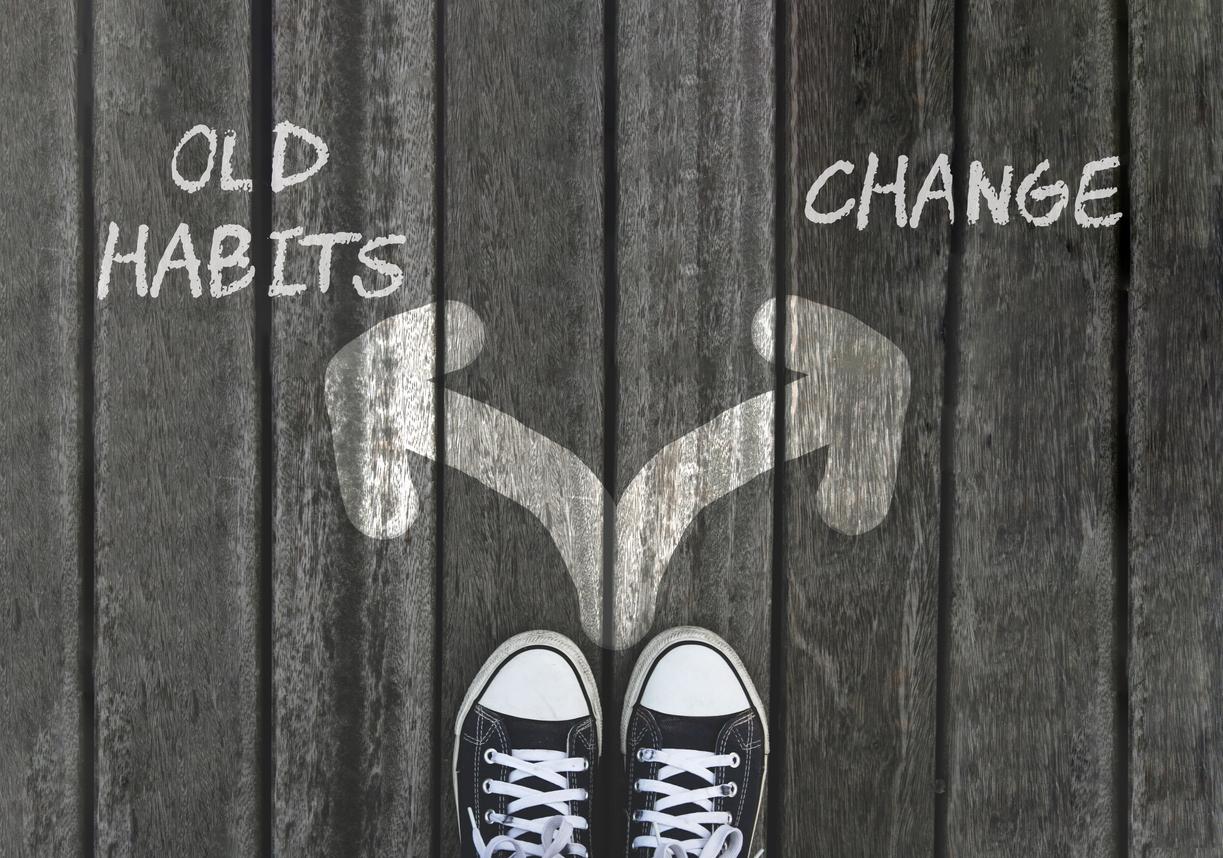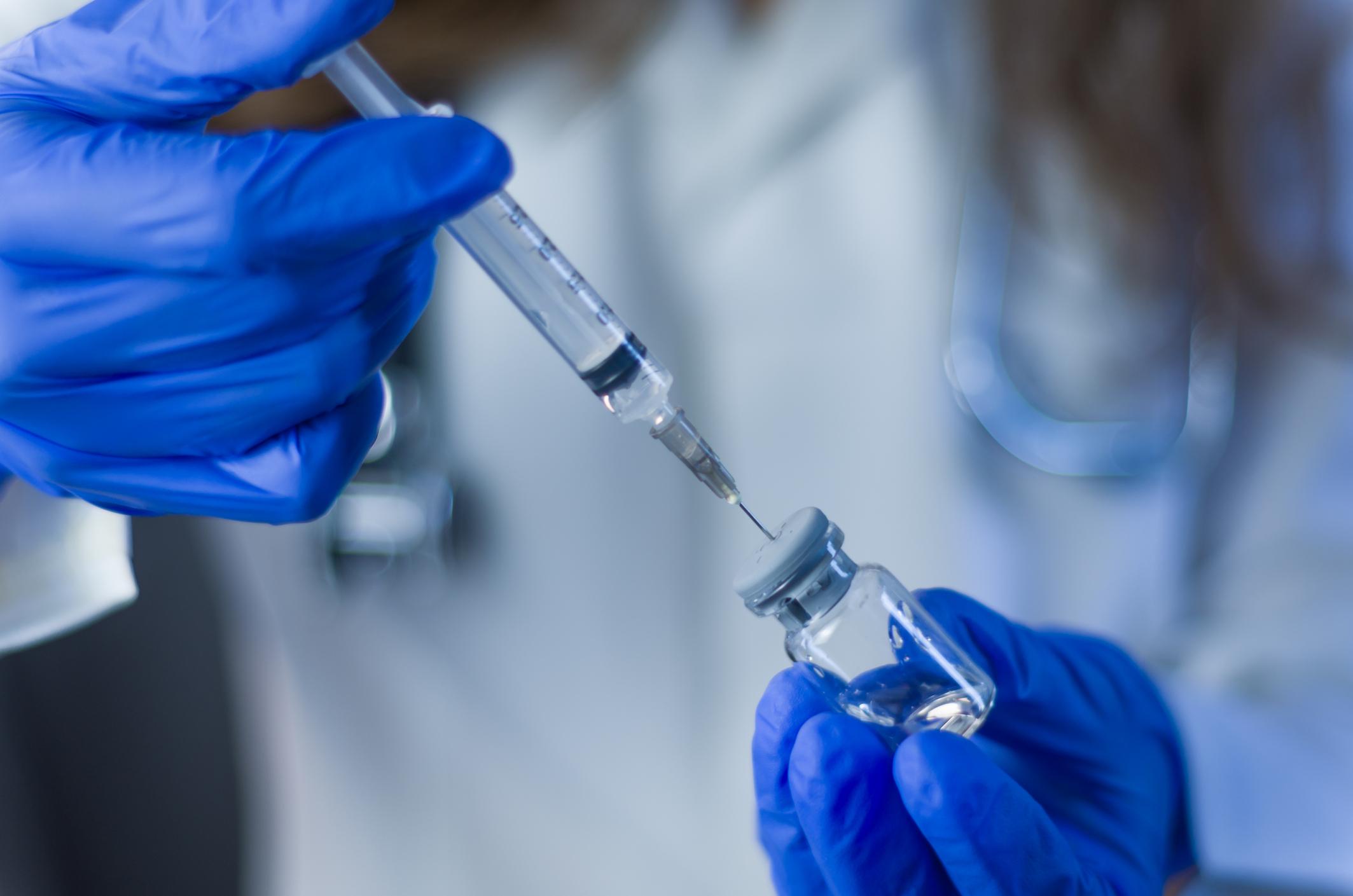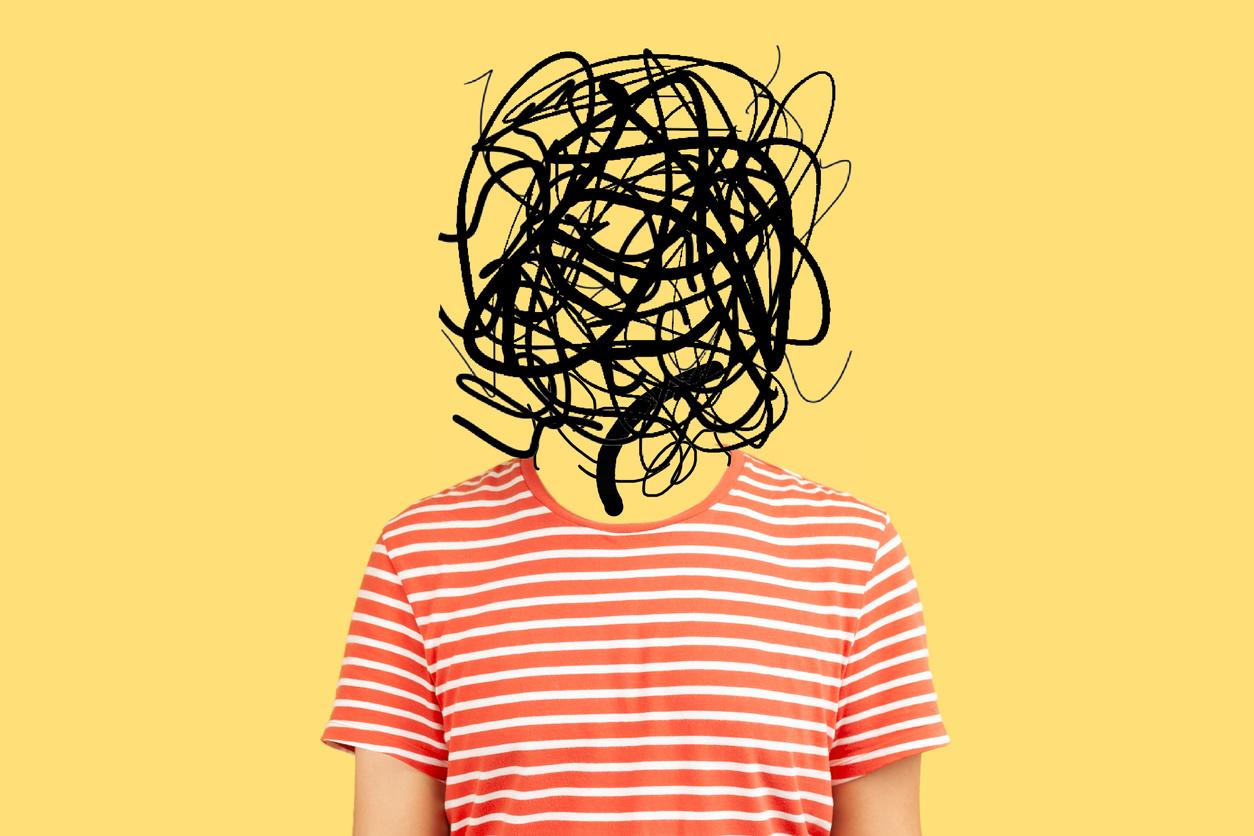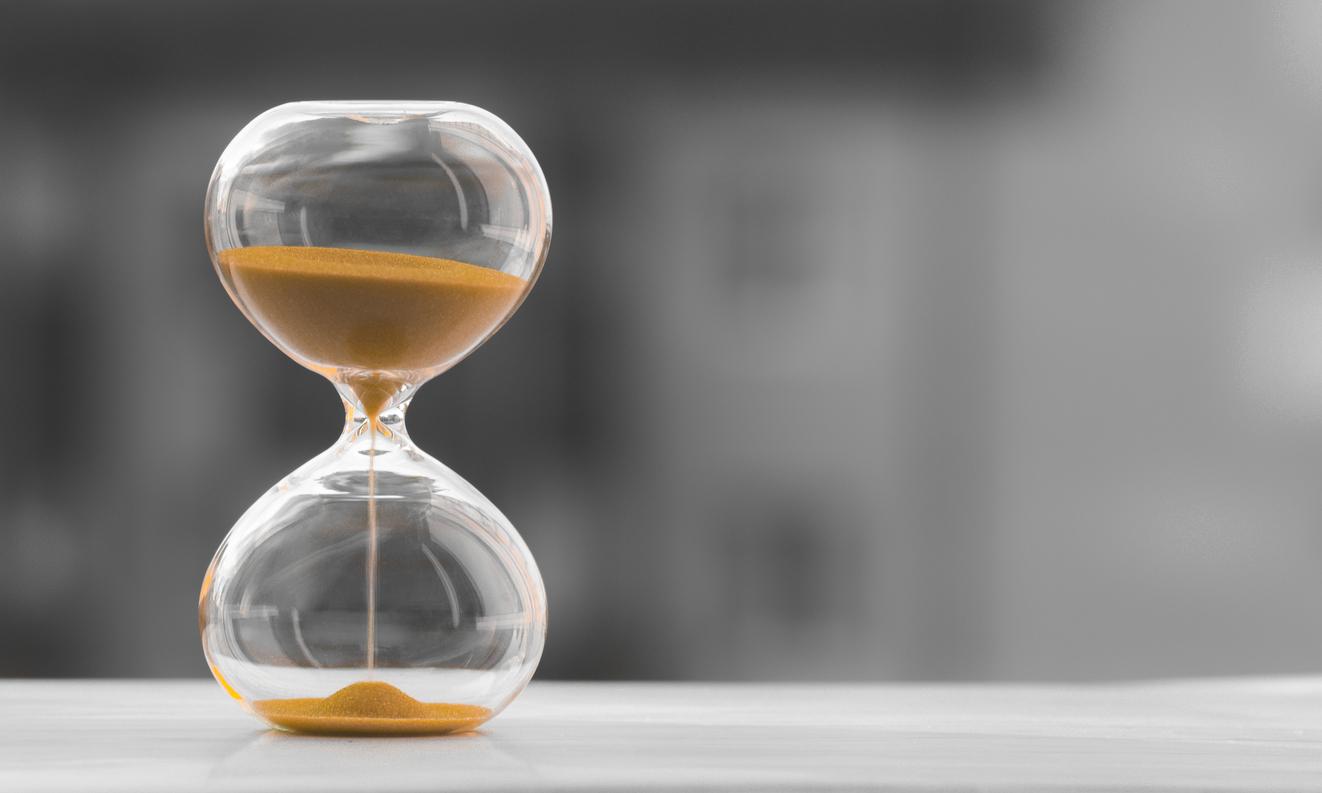Since the start of PCR and antigen tests to detect Covid-19, one unknown remains: it happens that there are false positives or false negatives. How is it possible ? An American study may have found part of the answer… The test would be more or less reliable depending on the time at which it is done. Explanations according to wise journals.
The study was conducted on more than 86,000 tests between March and August 2020, from Nashville, Texas, performed in symptomatic and asymptomatic subjects. They realized that depending on the time slots the rate of false positives could be significantly higher than at other times. In the evening, for example, there would be more risks of having a false positivewhile in the middle of the day, the reliability would be greater.
Why are the tests more reliable during the day?
What the researchers assume is that our infected cells would release viral particles discontinuously throughout the day. They believe that the further the day progresses, the less we are detectable correctly. The best time would be in the afternoon, when the body rejects the most virions (which allows us to detect the disease).
That’s why the day would be the best time to test, in order to have a maximum of material. This leads researchers to invite patients not to be screened at the end of the day or in the eveningto obtain the most reliable results possible.
Source : Diurnal Variation in SARS-CoV-2 PCR Test Results: Test Accuracy May Vary by Time of Day, Sage Journals, October 26, 2021.
Read also:
- Covid-19 symptoms: duration, what to do when you are vaccinated, when to take the test?
- Covid-19. Why will the increase in contamination continue?
- The Delta subvariant (AY 4.2) was detected “very weakly” in France
















